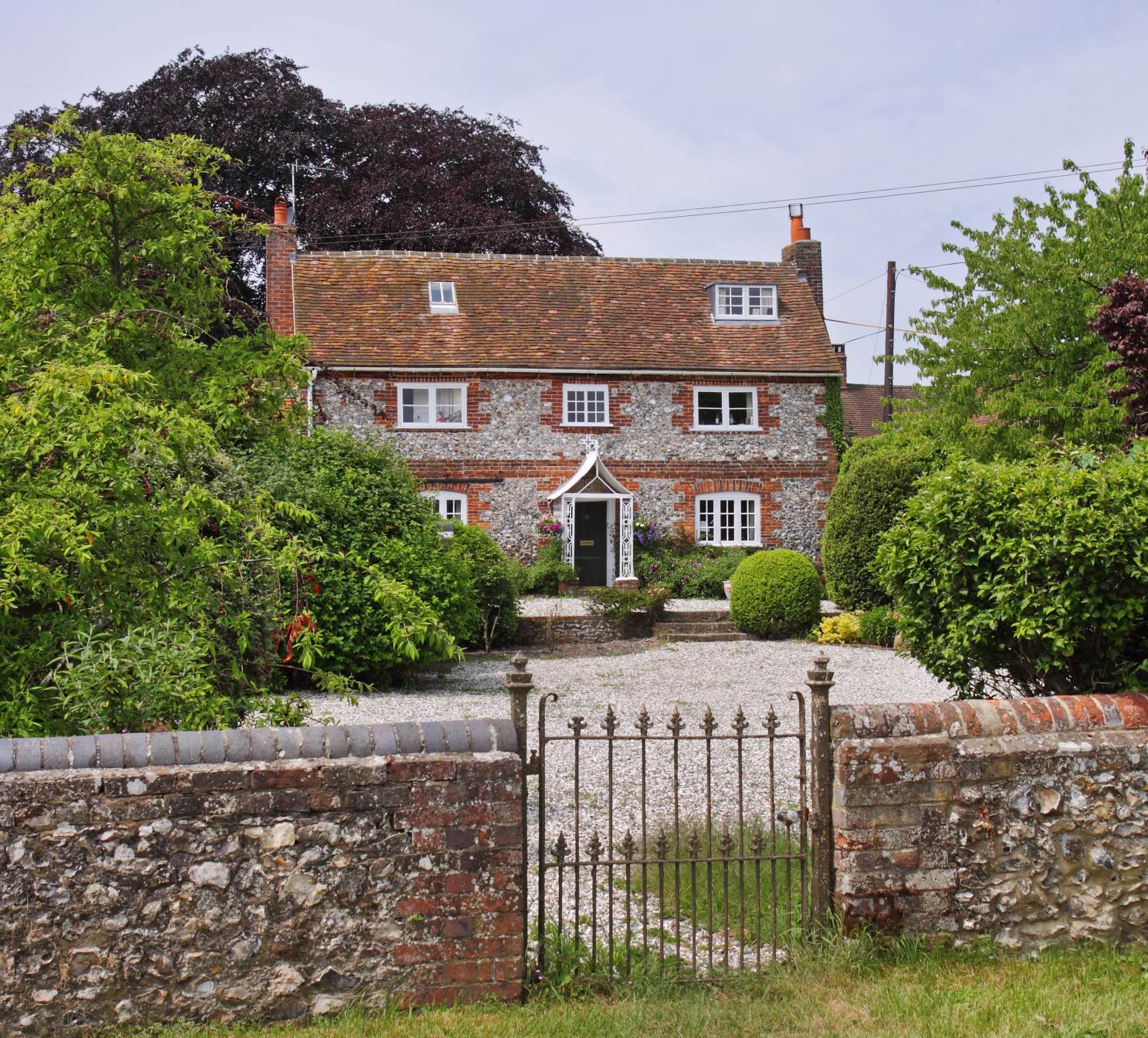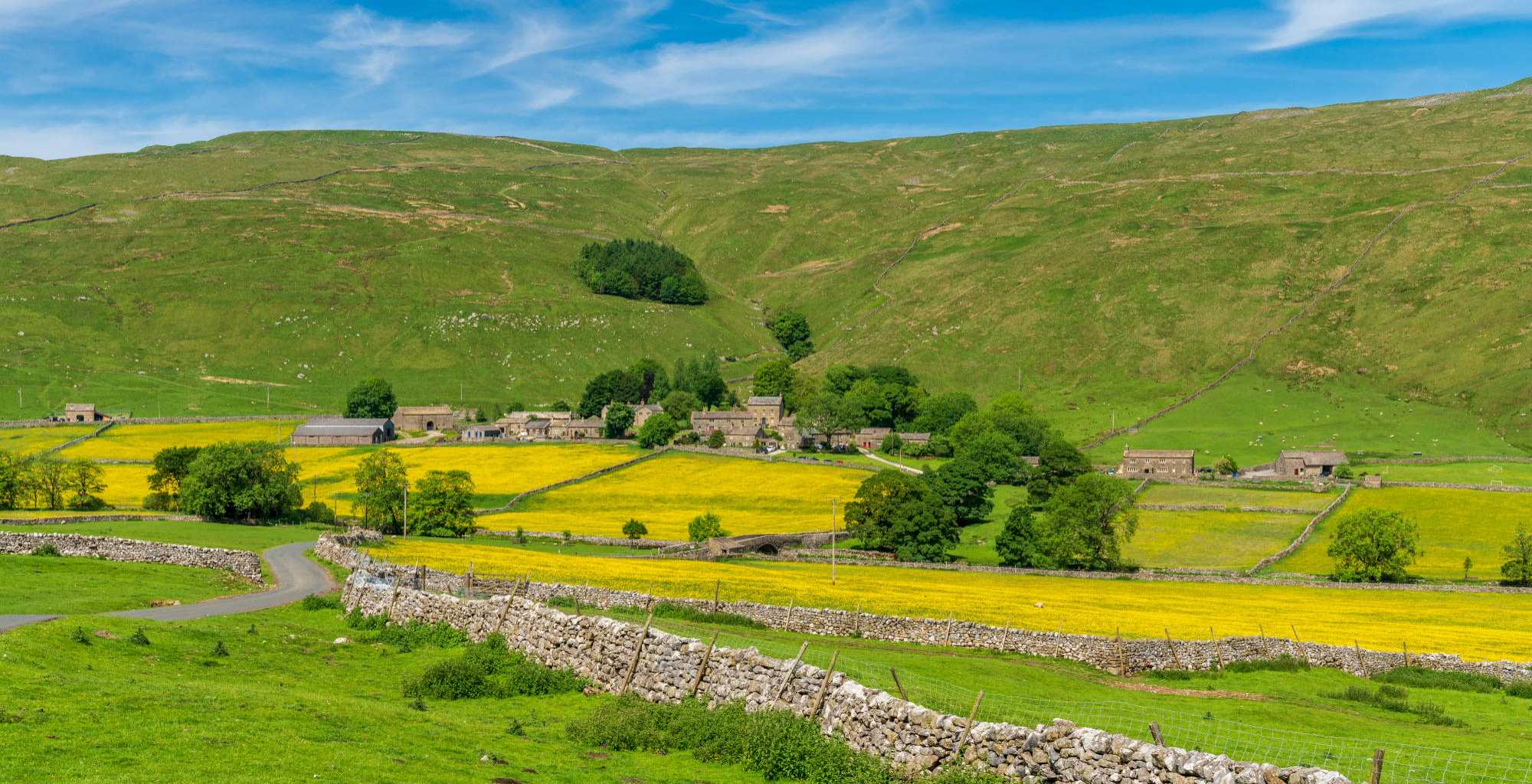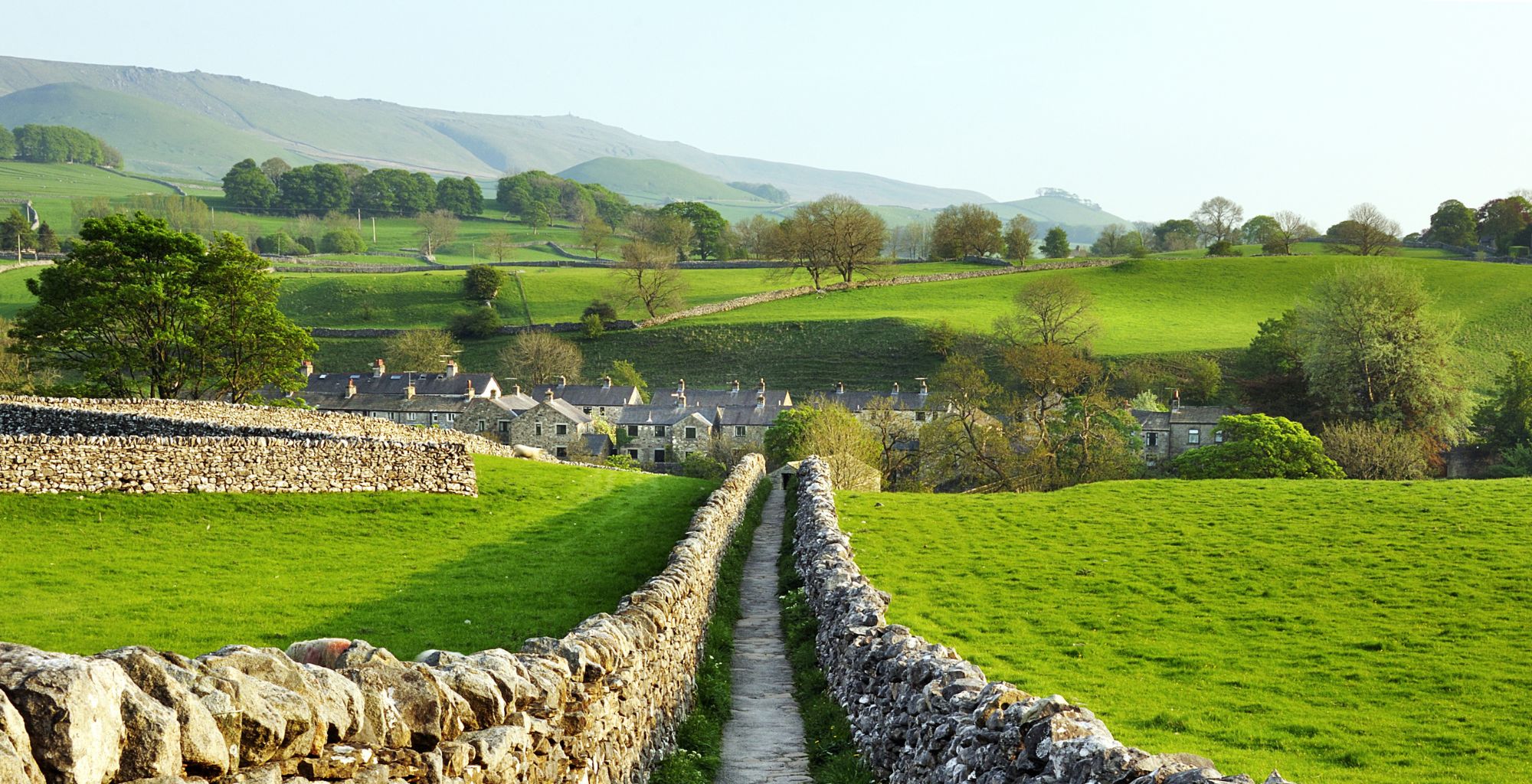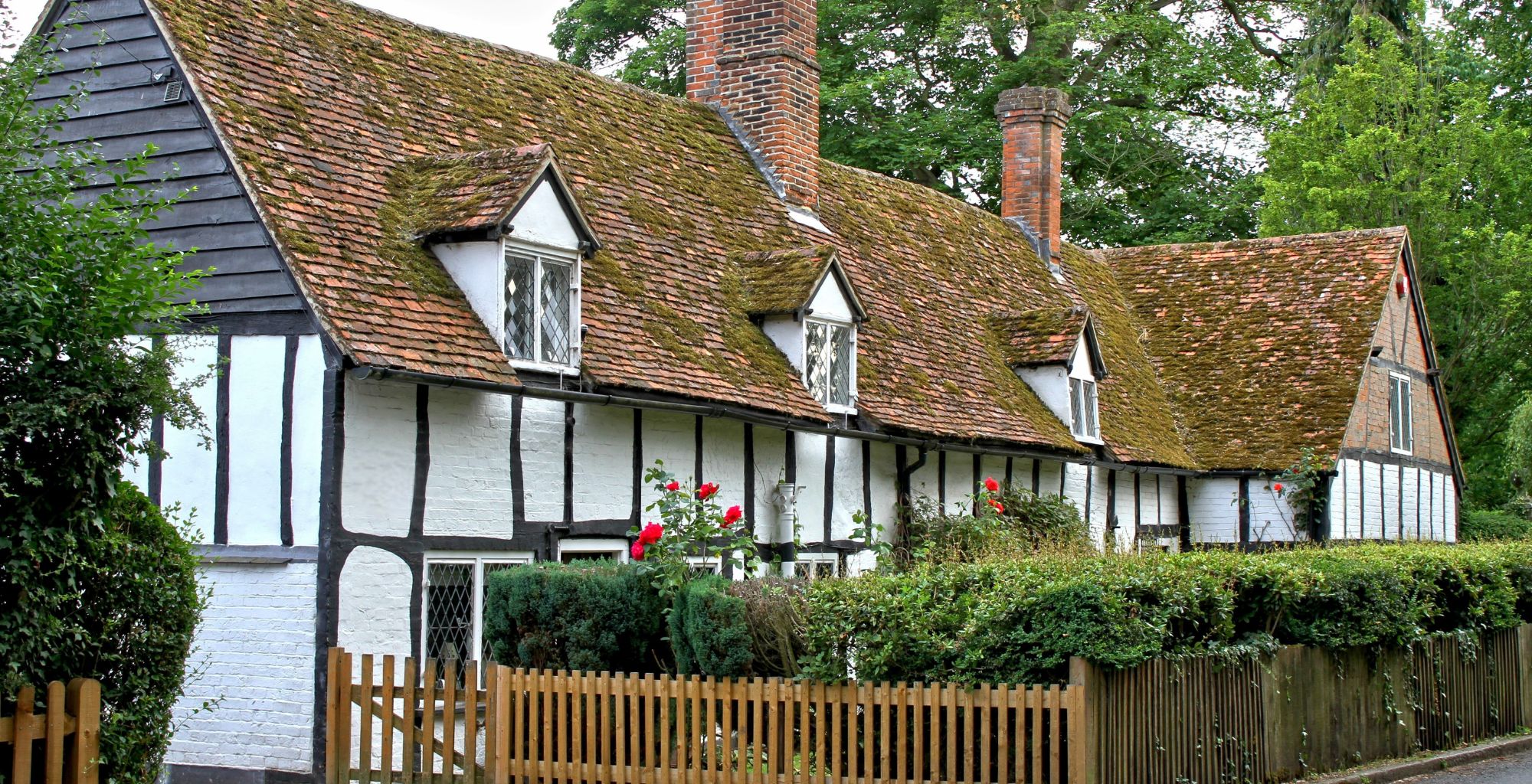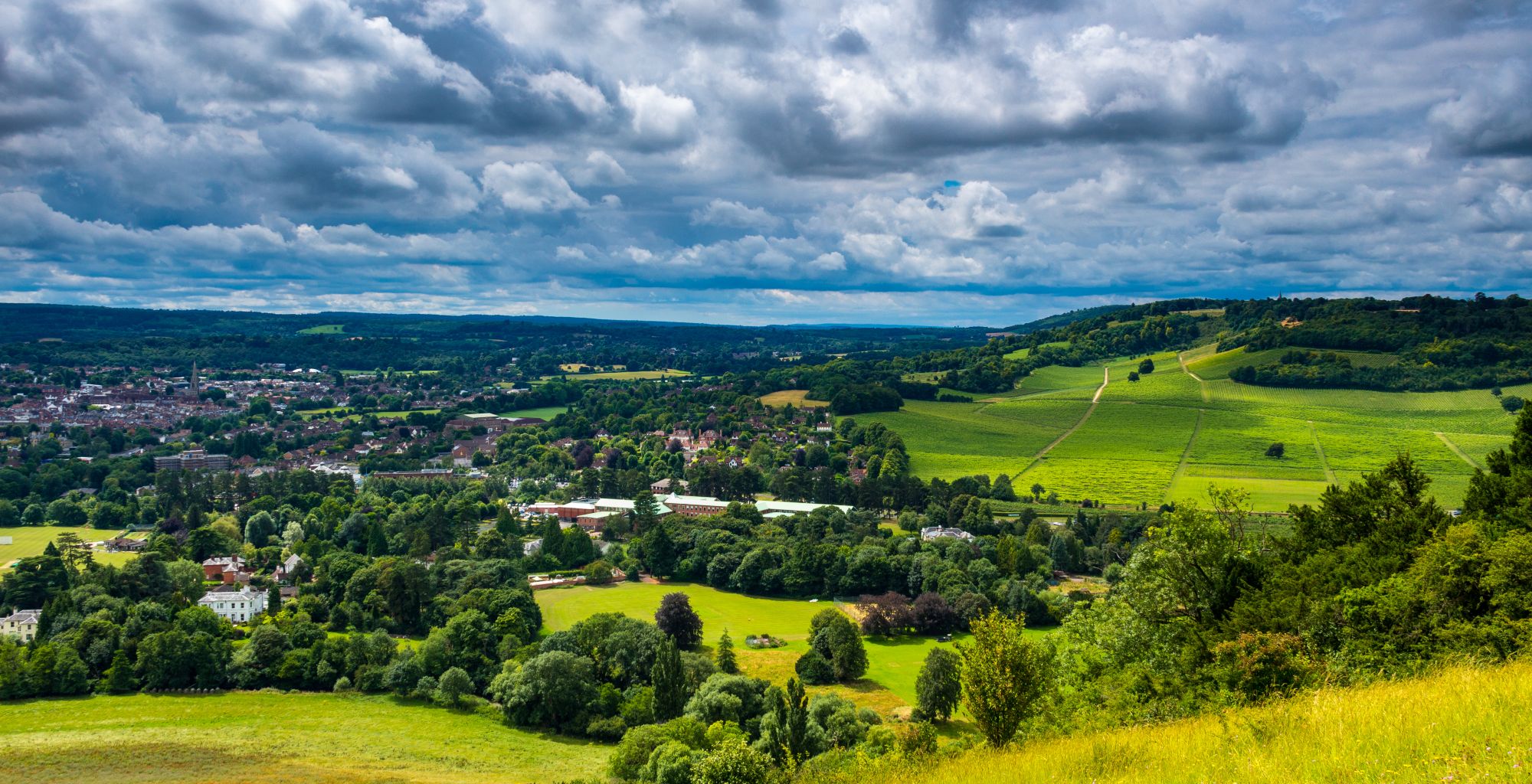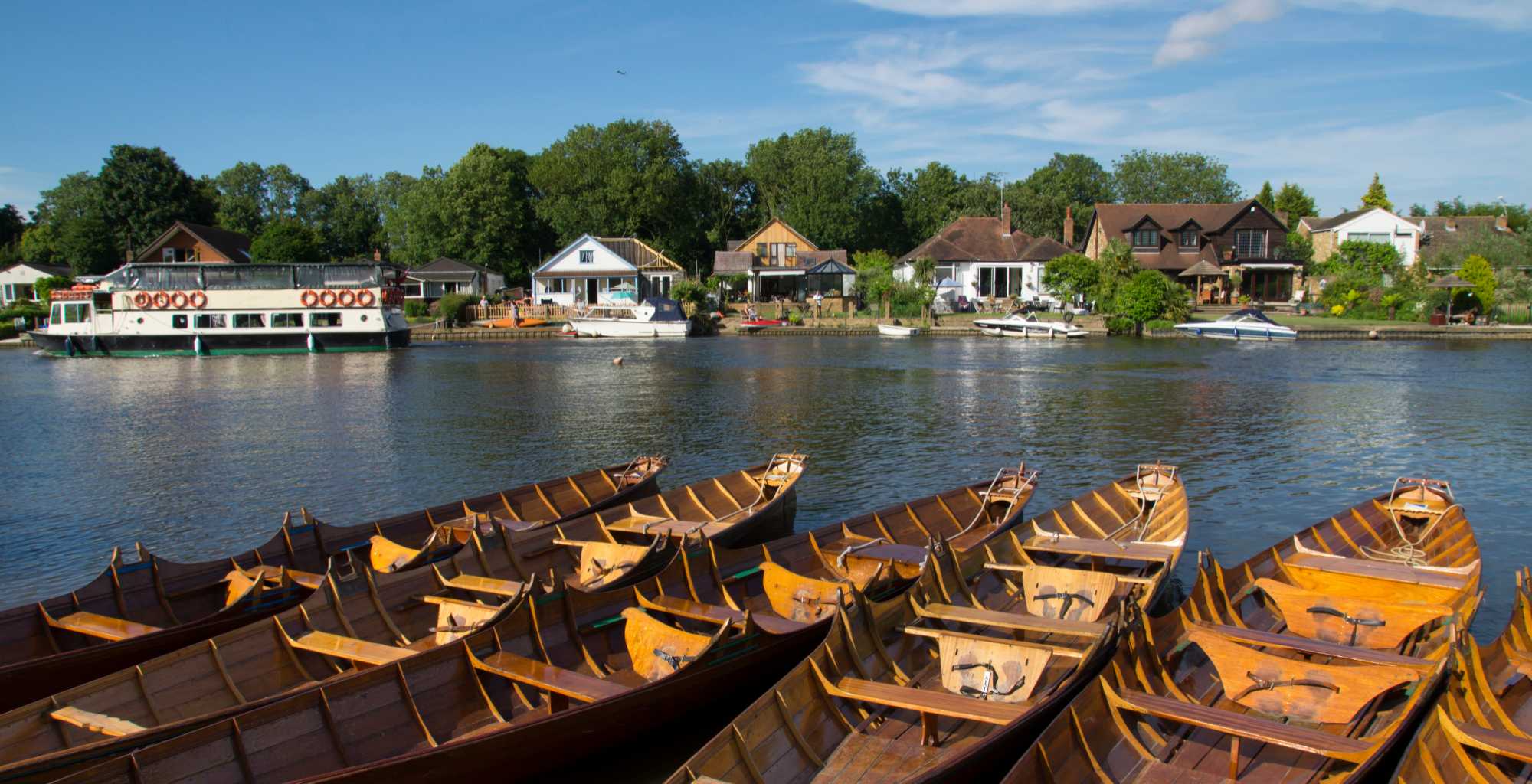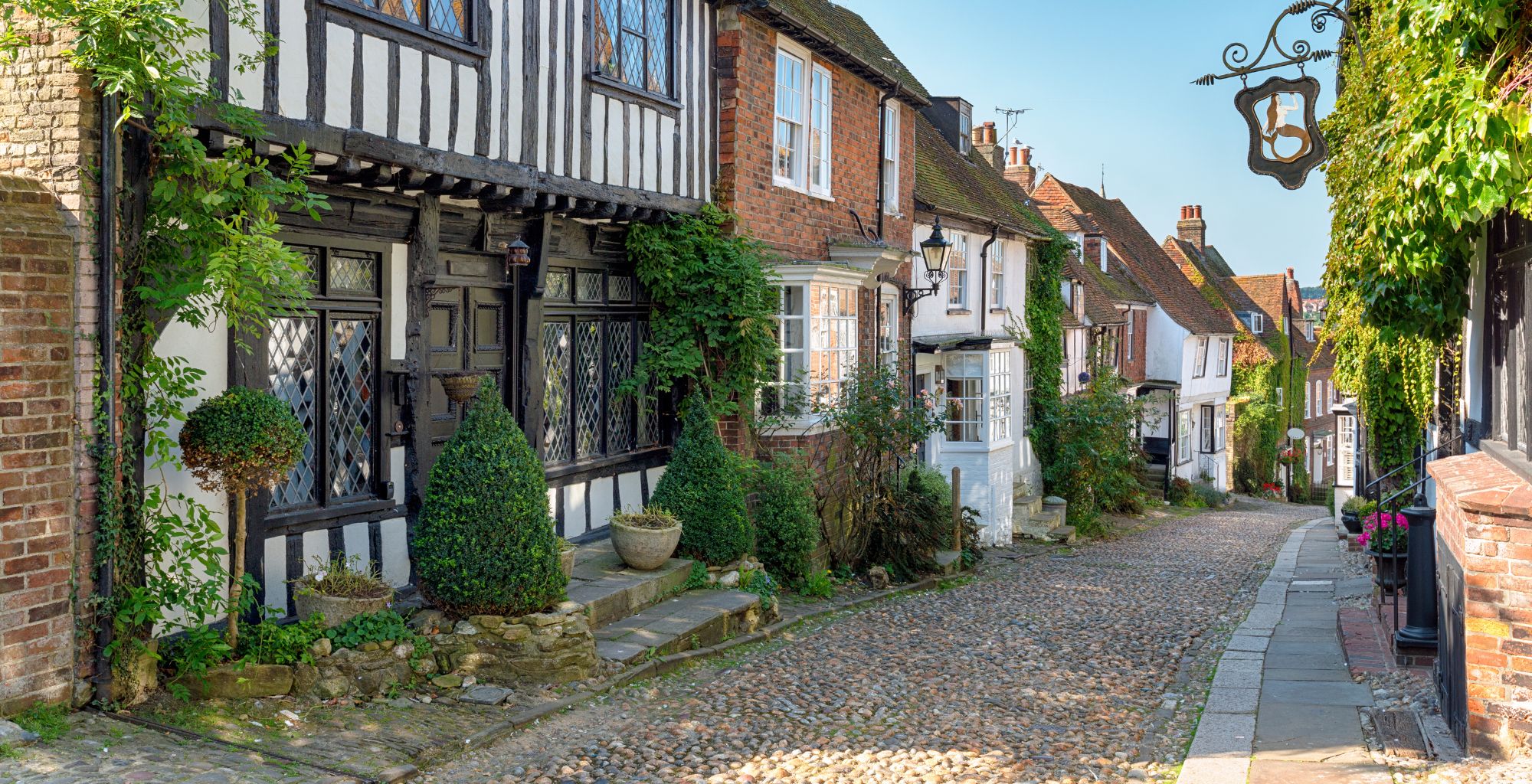As one of the most popular home counties, with so many locations that offer more than simply an easy...

Buying a Smallholding: What to consider
For many the idea of buying a smallholding is one of great appeal.
Upping sticks and moving to the country to raise livestock and live off the land can be a fulfilling and liberating lifestyle change.
In recent years, we have seen an increase in the number of clients seeking help finding their smallholding.
Living the ‘good life’
When people talk about living the good life they’re often referring to a way of life that is self-sufficient and sustainable.
Your plans for a smallholding might have other driving factors but the pull towards this way of life is often to do with being more connected to the resources you use each and every day.
If you don’t have a background in farming and don’t really know what type of property would be best you could get yourself into a pickle and never realise your dream.
There are courses available in various locations that will provide a rounded basic education and you can always spend some time volunteering via the WWOOF at an organic farm to get some hands-on experience before committing to buying a smallholding.
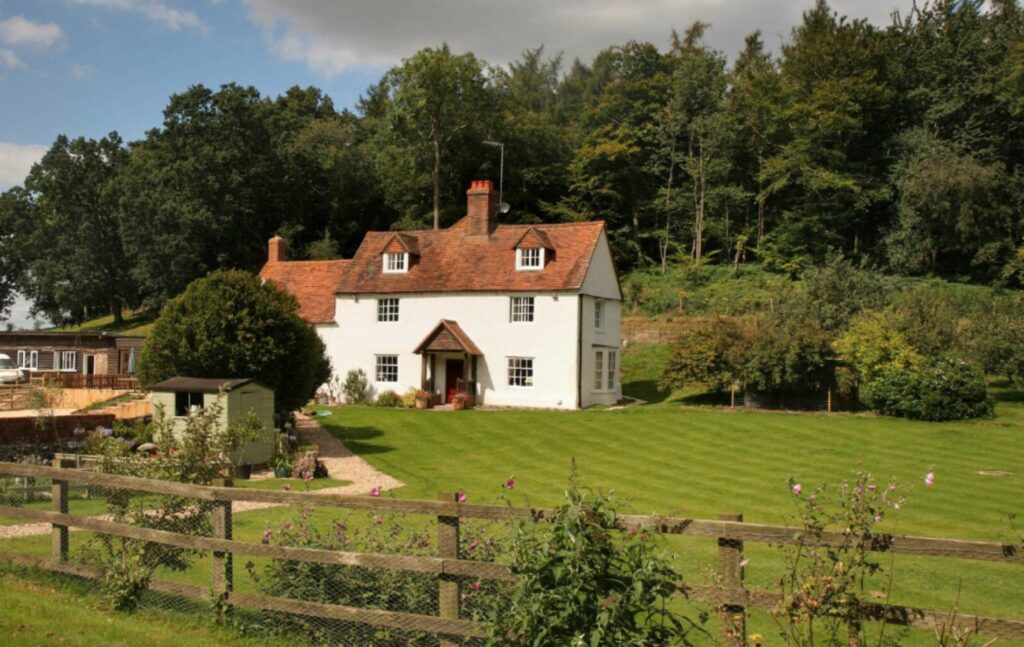
What is a smallholding?
A smallholding typically refers to a piece of agricultural land that is smaller than a traditional farm but larger than a garden. Generally, smallholdings are defined as properties beneath 50 acres in size. This said, between 1 and 20 acres is more common.
The land is used for a range of agricultural activities but often supports subsistence farming or hobby farming, rather than large-scale production.
Smallholdings can be used for growing crops, raising livestock, or even running small horticultural enterprises.
Common uses include cultivating fruit and vegetables, keeping chickens, goats, sheep, or even horses.
Many smallholders also engage in niche farming, such as producing organic food, artisanal products, or other high-value crops. Additionally, some smallholders may use their land for environmental conservation or as a lifestyle choice, focusing on self-sustainability and rural living rather than commercial farming.
A different meaning to working from home
Running your own smallholding gives an entirely new meaning to working from home – your home and its land becomes your business.
Consumers have never been keener to understand the origins of the food they’re eating.
Organic produce from a well-run farm or smallholding can be an extremely lucrative business if you get it right. This is why it is so important that you have a real idea of the type of business you’d like to run before you look for a property.
Farms and smallholdings that produce sustainable forms of meat and dairy, perhaps following traditional rotational systems, maintaining permanent pasture lands and operating conservation grazing might be the future of farming in the UK.
There are many who consider buying a smallholding to make money from their produce whilst also making a difference to the ecosystem on their land and people’s diets with wholesome food.
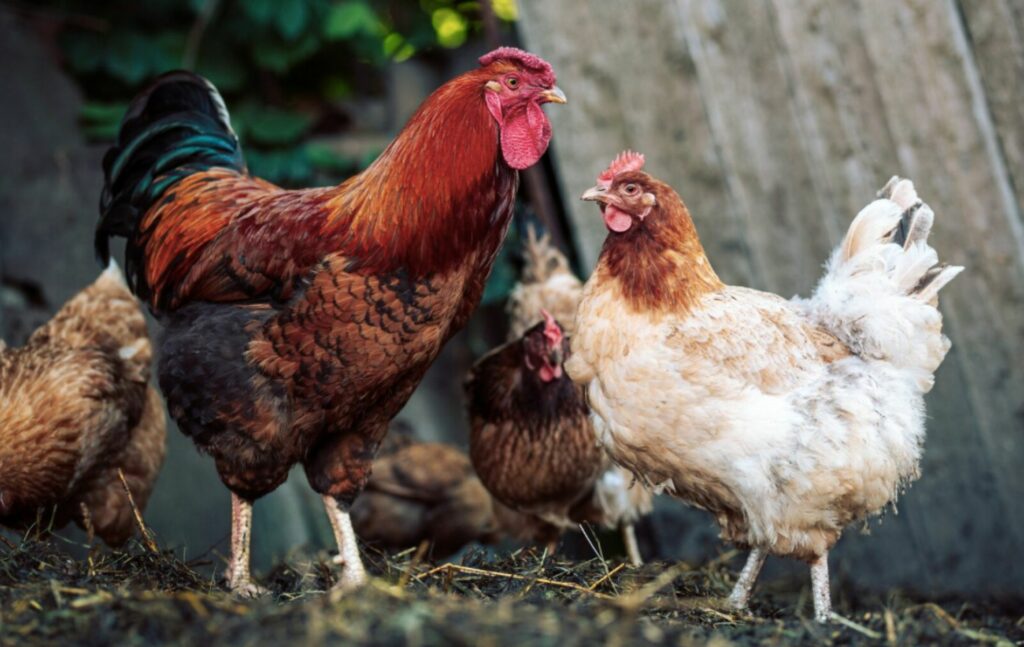
Buying and running a rural business
Whilst the dream of owning a smallholding and living off the land is one that you’d imagine to be very hands-on and get you away from a desk, as you’ll likely be operating a business rather than keeping the animals as pets, there will be paperwork involved.
There are rules and regulations for running a smallholding that you’d need to familarise yourself with. As well as attending specialist courses there are several reputable sites that can offer guidance if you’re just getting started.
Smallholding rules and regulations
Here are some considerations if you are thinking of buying a smallholding:
- Planning permission: If there are plans to build new structures, convert existing buildings, or change the use of the land, for example converting outbuildings into residential spaces or setting up a commercial enterprise, this may require specific approval from local authorities.
- Animal welfare regulations: If you intend to keep livestock, animal welfare regulations apply. These include registering animals with the relevant authorities, adhering to identification and movement rules, and ensuring animals have appropriate care and living conditions. Compliance with DEFRA guidelines is required for those raising livestock on a smallholding.
- Environmental regulations: Additionally environmental regulations play a role, particularly when it comes to water use, waste management, and the impact of farming practices on local ecosystems. These are to ensure that smallholders’ activities do not harm the environment, and adhere to pollution control and waste disposal laws.
- Food safety regulations: For smallholders selling produce, there may also be food safety regulations to consider, especially if selling to the public or through retail outlets. Obtaining the necessary certifications and inspections is crucial for maintaining food hygiene standards.
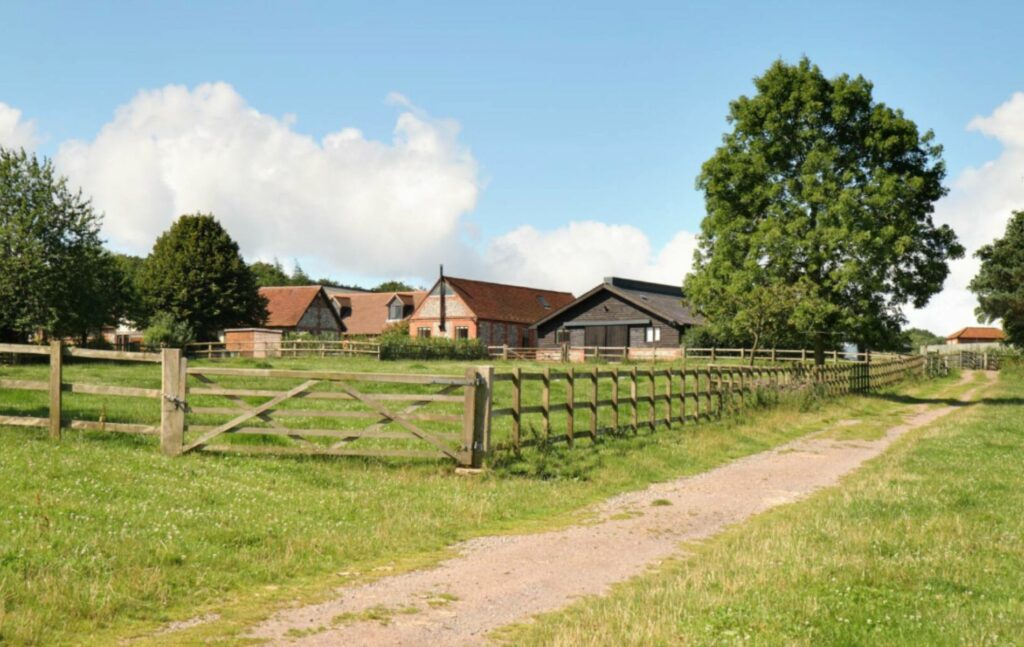
Types of smallholding
Before looking for a property to buy you must decide which animals you hope to keep and/or which crops you’d like to grow.
Different animals prefer different types of terrain and have differing needs.
You’ll need to factor this in when considering outbuildings, whether existing or the cost of building new.
If you’re planning to grow crops you’ll need land that will work for this, although it might seem obvious that woodland or heathland would not prove ideal if you plan to grow crops your smallholding might have a mixture of different land types – is there enough of the right sort of land for what you want to do?
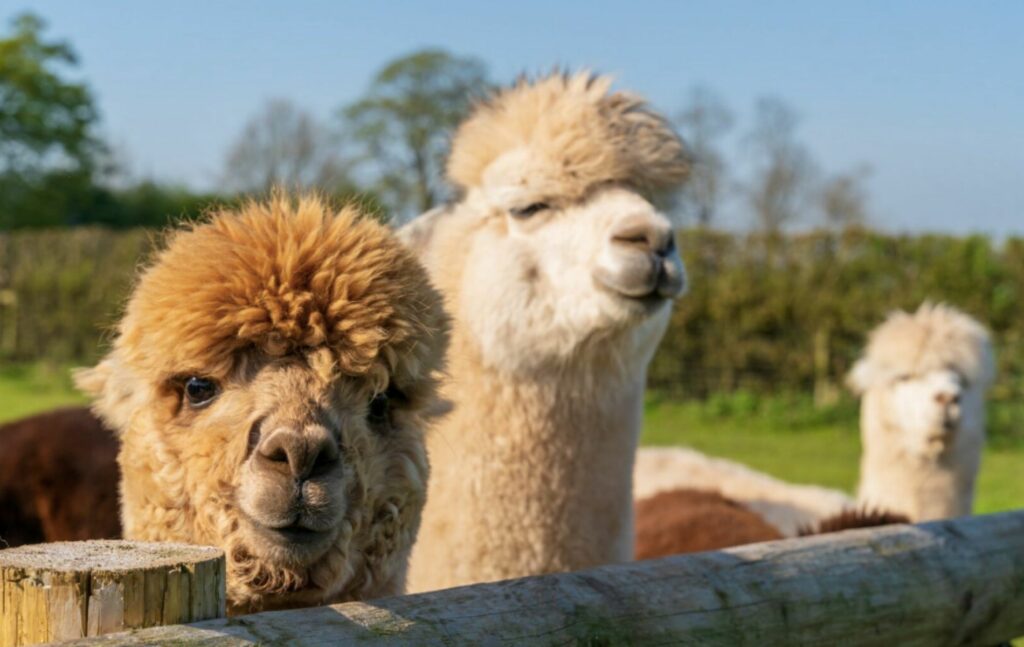
Smallholding for sale UK
If you are looking at buying a smallholding, you may find the occasional listing advertised on one of the usual property portals but as they don’t conform with typical property types you may not discover them within the search filters you’ve set meaning you might have to sieve through a lot of unsuitable properties online.
Rightmove has a handy ‘Add keyword’ function on their website which can help you return more relevant search results.
There are a few specialist selling agents dotted across the UK and it’s also worth looking at specialist magazines and newspapers as they may be listed there too.
Farm property often arises at auction so it’s important to note auction houses in the area you’re looking and when their next auction is coming up.
Clients often come to us, frustrated with their search, when seeking a smallholding as they simply cannot find the right property or any property at all.
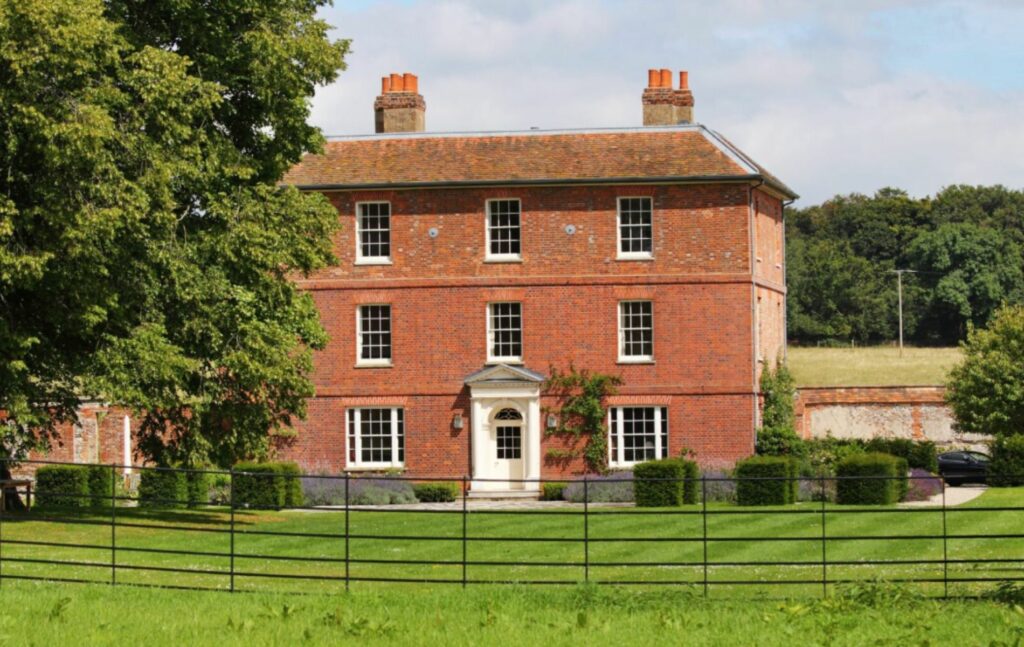
Buying a smallholding
Finding a smallholding that works for your purposes and is a place you’d like to live is just one part of the journey, there are several more steps and professionals you’ll likely need to engage when buying a smallholding:
- You’ll need to engage a specialist rural mortgage adviser if you’re hoping to finance the purchase partly by borrowing money.
- When you’ve found the property and proceed to purchase it would be wise to instruct a suitable solicitor who has experience in the area.
- We would also suggest that you instruct a specialist rural surveyor prior to purchasing a property.
Smallholding mortgages
Securing a mortgage for a smallholding involves several considerations due to the combination of residential and agricultural use. Lenders often view smallholdings as higher risk compared to standard residential properties, which can affect both the availability and terms of a mortgage.
The property’s size, how the land is used, and the presence of any farming operations or outbuildings can influence the type of mortgage required, such as an agricultural or mixed-use mortgage.
Additionally, many lenders may request a larger deposit, typically more than what is required for a standard home loan, as smallholdings carry certain complexities, including valuation challenges and potential income fluctuations from agricultural activities.
It is advisable to consult with lenders or mortgage brokers familiar with rural properties to fully understand the financial implications and secure the most appropriate financing for your smallholding.
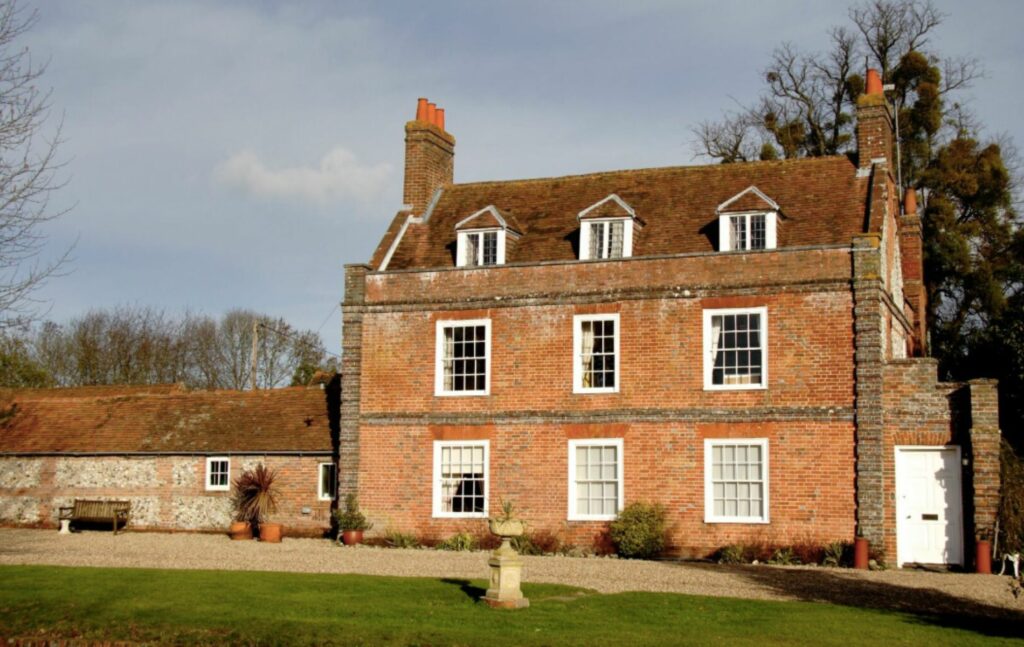
Search for the perfect property
Our team of country property finders have experience in sourcing and acquiring rural property on the behalf of private clients. If you’d like to learn more about how our services would work for your unique property search please, contact us.
